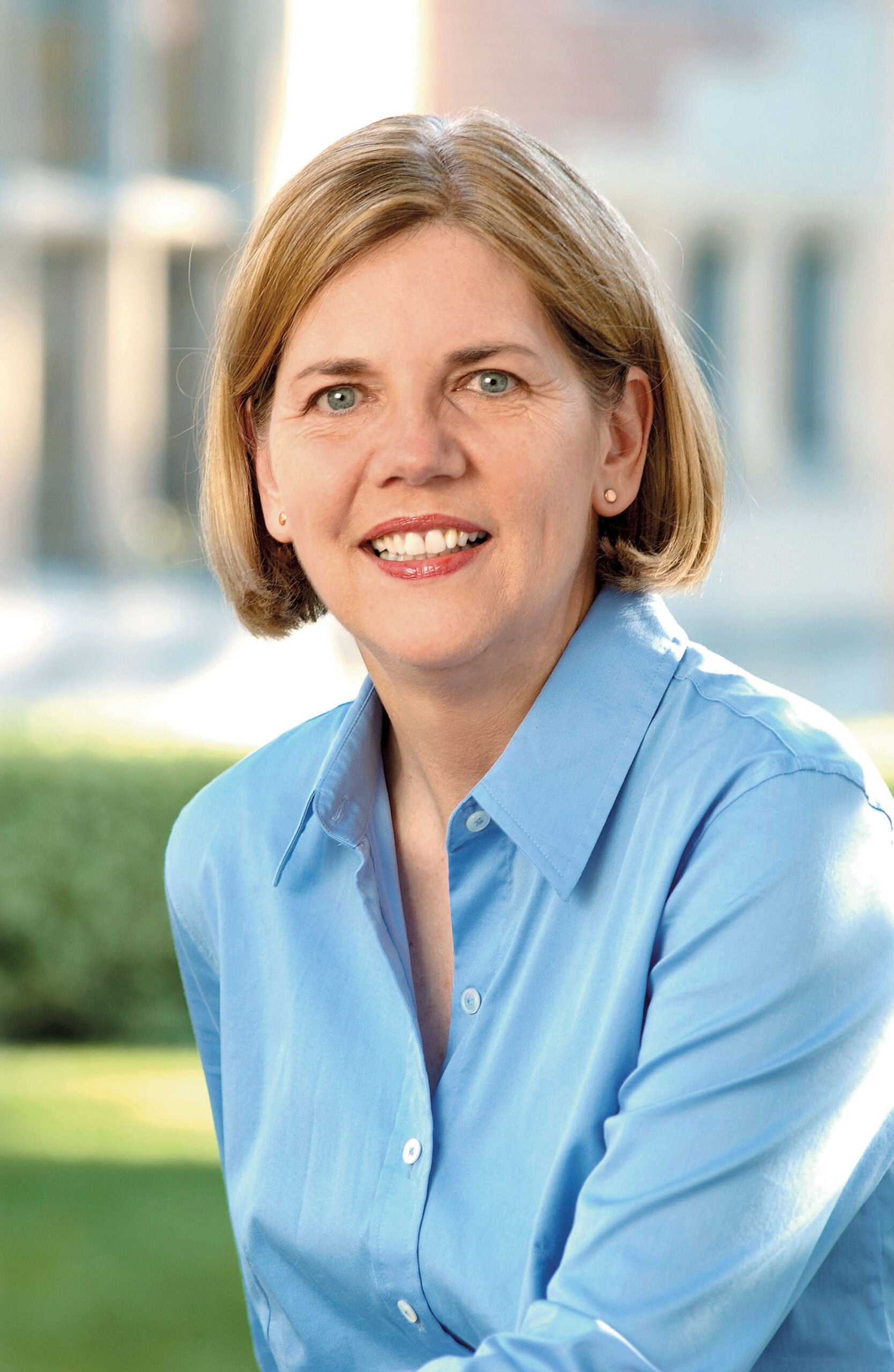The following op-ed, Mortgage brokers’ sleight of hand, written by Harvard Law School Professor Elizabeth Warren, was published in the Boston Globe on October 2, 2007.
In the past five years, if you called a mortgage broker when you were about to buy or refinance a house you may have been told, “We can check with lots of lenders so you’ll get the best price.” Because you are a careful shopper, this sounds good – one-stop comparative shopping. The broker most likely didn’t add, “I’ll take a bribe to steer you to the loan that is more expensive for you and more profitable for the lender.”
A mortgage broker can offer wise advice to guide a buyer through a dangerous thicket of complex mortgage deals, but you are just as likely to encounter a broker who is working only for himself. There are brokers who take what amounts to a bribe from a mortgage company to steer a client into a higher-priced mortgage than it could qualify for, all the while assuring the client that this is the best possible deal.
The practice is sufficiently widespread that the bribe has a technical name, a “yield spread premium.” The yield spread premium is a payment the mortgage company makes to the broker to persuade the broker to sell the homeowner a higher-priced loan.
For example, a family that might qualify for a 6.5 percent fixed-rate, 30-year mortgage could easily end up with a 9.5 percent variable mortgage because the broker can pocket a bigger fee. The ultimate blow is that often the buyer who has been defrauded will end up paying the bribe as additional “points” added to the closing costs.
A vice president of Fannie Mae has described the premiums as “lender kickbacks,” but the practice remains legal. The additional costs for the bribe are slipped into the closing document as part of the closing costs. Under pressure from the mortgage-broker industry, Congress and the regulatory agencies have generally approved of yield spread premiums. In fact, mortgage brokers face few regulatory restrictions.
It is no surprise then that mortgage brokers originate more than half of all mortgage loans, particularly at the low end of the credit market. Yield spread premiums are present in 85 percent to 90 percent of subprime mortgages, which suggests that some brokers are needlessly pushing clients into more expensive products.
The costs are staggering: Fannie Mae estimates that 50 percent of those who were sold ruinous subprime mortgages would have qualified for prime-rate loans. A study by the Department of Housing and Urban Development revealed that 1 in 9 middle-income families (and 1 in 14 upper-income families) that refinanced a home mortgage ended up with a high-fee, high-interest subprime mortgage. Yield spread premiums are not confined to subprime mortgages. Pushing a client who qualifies for a 6.5 percent loan into a 9.5 percent loan and pocketing the difference will cost the client tens of thousands of dollars, but it will not show up in anyone’s statistics on subprime lending.
The next time you read that subprime mortgages permitted people to purchase homes they couldn’t afford, stop to consider whether those individuals could have afforded the house if they had gotten the mortgage that they qualified for, instead of one inflated by a yield spread premium. How many families are losing their homes because the difference between paying 6.5 percent and 9.5 percent for the same loan? Or 8 percent and 15.5 percent?
Experts at the nonprofit Center for Responsible Lending estimate that fraud and deception has stripped $9.1 billion in equity from homeowners, particularly from elderly and working-class families. Massachusetts Attorney General Martha Coakley is not waiting for Washington to fix the mortgage mess. With the help of former chief bankruptcy Judge Carol Kenner, Coakley’s office has put together a list of changes to protect homebuyers and homeowners in Massachusetts. High on the list is my personal favorite proposed changes: the mortgage broker has to tell if he took a bribe, how much the bribe was for, and how much it cost the borrower. That’s a good start.
Heaven knows that in a world of 3-inch-thick home purchasing documents, we could all use some help. There are some good brokers and good lenders who can give us that help, but without meaningful laws to limit what they can do, no one looking for a home mortgage is safe. We have a chance to change that.
